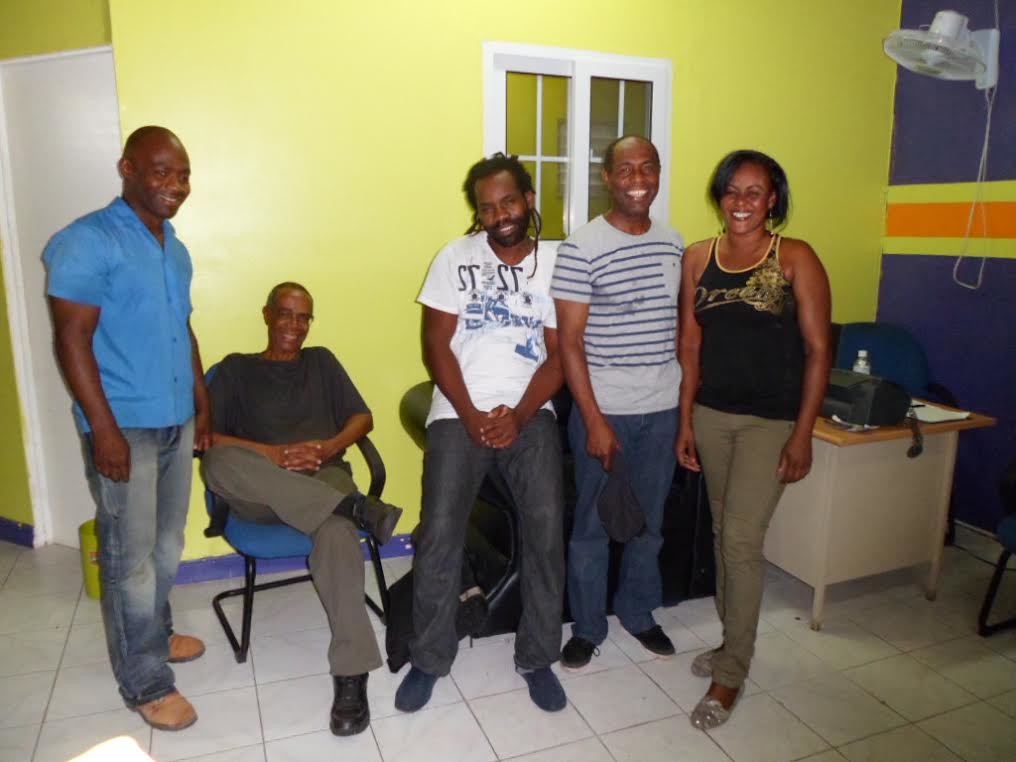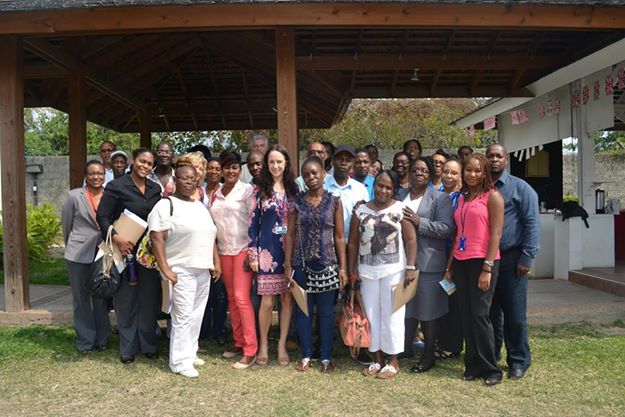6th June 2014 Kingston, Jamaica
The Challenge of Change
Change is rarely easy. It challenges our normal basic human preference for continuity, for things to ‘remain the same’, to be predictable, to be stable. The psychology of change has been studied extensively and it is acknowledged that when change is enforced (and not desired) it is usual for people to go through ‘stages’ ranging from shock to denial to anger and eventually acceptance.
Migration from one country to another is without doubt a significant ‘change’, a life-changing event. Sometimes the migration is voluntary (accompanied by hopes, visions, dreams of a different/better future) and sometimes migration is enforced (accompanied by fear, anxiety and confusion).
It is acknowledged and accepted that enforced removal, such as deportation, can be a traumatic and challenging event. The stigma of deportation is well documented and consistently reiterated through conversations with those returned to their home countries.
But what lessons can we learn to help those removed cope with change? How can we help people who are coming home (often involuntarily) settle back into a productive, happy and fulfilled life? What can we do to help prepare those who are returning embrace and accept their changing circumstances?
The Migration Team at the British High Commission in Jamaica has been responsible for managing the Rehabilitation and Reintegration Programme (RRP, implemented in partnership with the Government of Jamaica and local NGO’s) to help those removed settle back into life in Jamaica.
This six year initiative which finished in March aimed to provide a wide range of support services such as transport, emergency accommodation, help in finding friends and family and counseling and support.

As the programme came to an end we wanted to understand and answer some key questions ‘what really worked?’, ‘what more could be done?’, ‘how can we help people prepare and cope with change’? To answer these questions we commissioned the International Organisation of Migration (IOM) to survey over 300 people across the island. During the first 3 months of the year IOM representatives spent considerable time talking to those returned from a variety of countries including the UK, USA and Canada. The results were enlightening.
We found that 78% considered themselves either ‘highly’ or ‘very highly’ reintegrated back into life in Jamaica; just under 92% had not been arrested or charged with an offence since being returned (contrary to public perception that returnees contribute significantly to the crime rate), and 67% were in some form of employment (with 15% being in full time work).
Key predictors of reintegration were; work, social stability and living arrangements. Assistance provided through the RRP had been critical in helping persons move forward and become rehabilitated.
In recognition of this the British High Commission is continuing to fund a number of targeted services for those being returned and we are also piloting new ways to reach out to those in the UK who are awaiting removal. We want to help address the uncertainty and anxiety change can bring and are committed to working hard with local partners and Government to make change a positive experience.
As the survey shows, with some help and assistance those being returned can become reintegrated and as stated by Wayne Dyer renowned self-development author ‘if you change the way you look at things, the things you look at change’.

Very well done to the Migration Team. Thanks for your great article Anna.